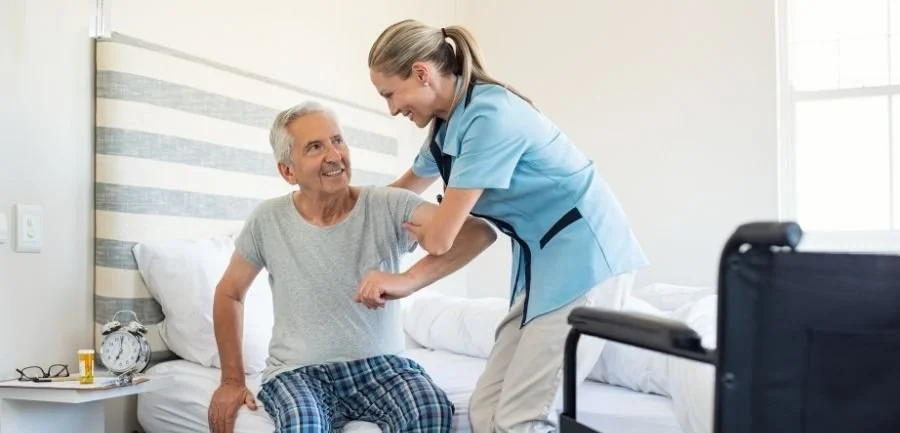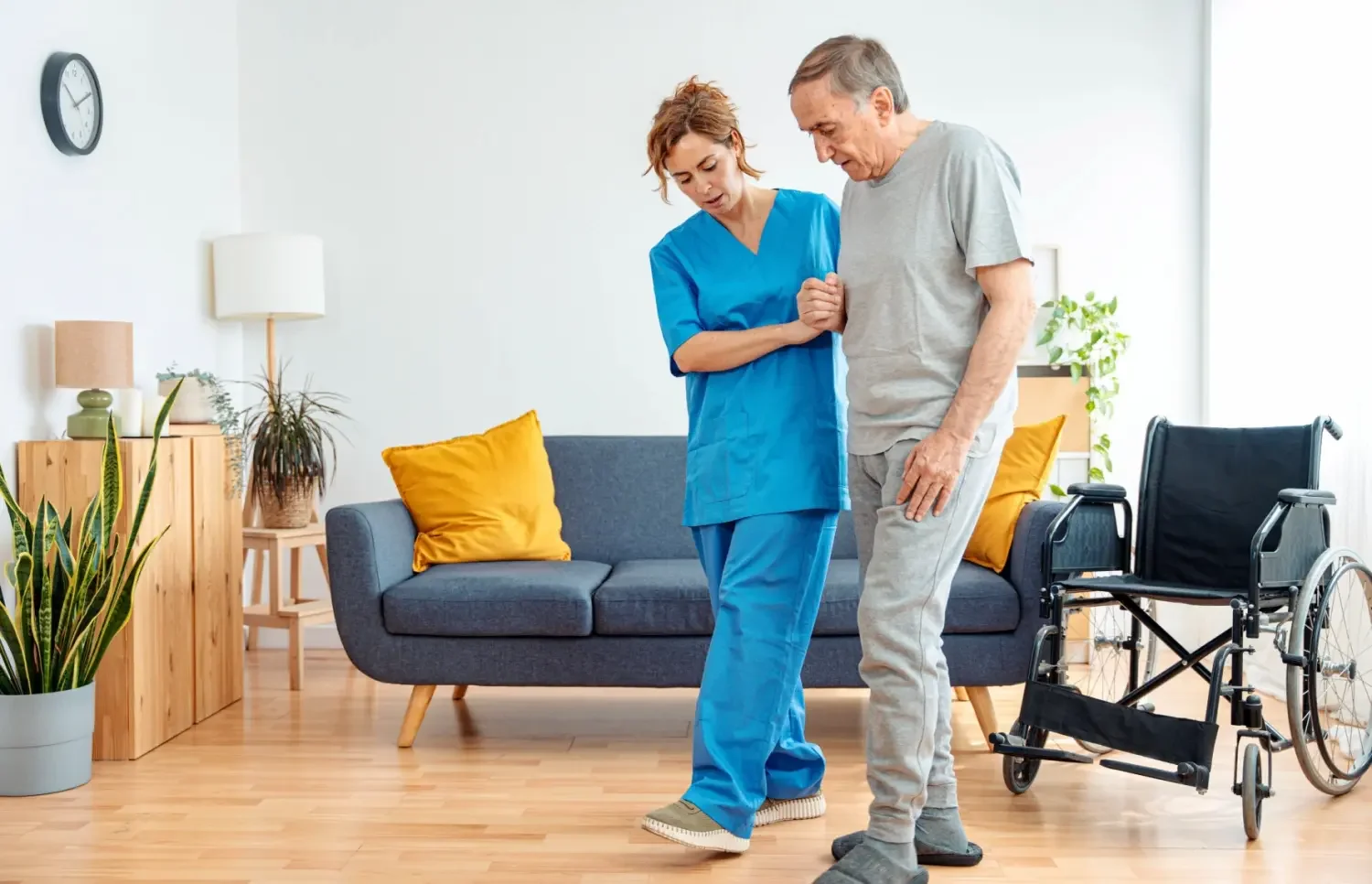Avoiding Readmission Starts with the Right Support at Home
Returning home after a hospital stay should feel like a step forward. Yet, for many seniors, it can also be a challenging and vulnerable period. Studies show that nearly 20% of seniors are readmitted within 30 days of discharge, often due to preventable complications such as falls, medication errors, or infections. Understanding the risks and planning for a safe, structured recovery at home is essential not only for physical healing but also for emotional well-being. Here’s what families and seniors can do to support a smooth transition from hospital to home.
Why the First Days at Home Matter
The first week post-discharge is critical. Seniors are often physically weaker, may have limited mobility, and need to follow complex medication schedules. Small oversights can lead to setbacks, extended recovery, or even another hospital visit.
Key risk areas to consider include:
Falls and injuries: Cluttered pathways, slippery floors, and improper support can cause accidents.
Medication errors: Forgetting a dose, taking the wrong medication, or misunderstanding instructions can have serious consequences.
Nutrition and hydration: Appetite changes or dietary restrictions may affect recovery.
Emotional stress: Anxiety, confusion, or isolation can slow healing and impact overall health.
Creating a Safe and Supportive Home Environment
Simple adjustments in the home can prevent many common complications:
Clear walkways and remove tripping hazards such as loose rugs or cords.
Install grab bars and handrails in bathrooms, hallways, and stairways.
Use proper lighting to reduce accidents, especially at night.
Prepare easy-to-reach meals and water to encourage proper nutrition and hydration.
Small measures like these make the home safer and provide seniors with confidence as they regain independence.
Structured Recovery Routines
Recovery isn’t just about safety—it’s about rebuilding strength and routines. Establishing a predictable daily schedule can help seniors stay active without overexertion:
Gentle movement and physical therapy exercises recommended by a healthcare professional.
Scheduled rest periods to avoid fatigue.
Tracking recovery milestones to monitor progress and identify concerns early.
Engaging cognitive activities such as reading, puzzles, or conversation to support mental health.
Structured routines give seniors a sense of control and accomplishment, which can significantly reduce the risk of complications.
The Role of Medication Management
Managing medications correctly is one of the most common challenges after a hospital stay. Seniors may have new prescriptions, dosage changes, or multiple medications from different doctors.
Helpful strategies include:
Creating a medication schedule or chart to track doses.
Using pill organizers or smartphone reminders.
Communicating regularly with pharmacists or healthcare providers for clarification.
Careful medication management prevents errors that could lead to readmission and ensures that treatment is effective.
Emotional and Social Support
Physical recovery is only one part of healing. Emotional well-being plays a vital role in a senior’s ability to recover safely. Loneliness, anxiety, or depression can negatively affect both physical and mental health.
Ways to support emotional health include:
Daily check-ins or conversations with family or friends.
Encouraging participation in social activities suitable for recovery.
Monitoring mood changes and seeking professional help if needed.
Maintaining social connections helps seniors feel valued and supported, which in turn can improve recovery outcomes.
Real-Life Recovery Scenarios
Consider a scenario: a senior returning home after hip surgery. Initially, they may struggle with limited mobility, medication schedules, and anxiety about falling. By implementing safety measures, establishing a daily routine, and staying connected with loved ones, seniors can regain independence without feeling overwhelmed.
Another example: a senior recovering from heart surgery may need help managing medications and monitoring symptoms like swelling or fatigue. Regular observation and structured routines can prevent complications and reduce the likelihood of readmission.
These examples illustrate that recovery at home is a combination of safety, structure, and support not just medical treatment.
Tips for Families Supporting Seniors at Home
Families can play a critical role in recovery by:
Educating themselves about common post-hospital risks
Communicating clearly with healthcare providers
Monitoring recovery progress without micromanaging
Encouraging independence while providing support
By focusing on these areas, families can create an environment that promotes healing and minimizes hospital readmission risk.
How Professional Support Can Help
While families provide essential support, trained in-home caregivers can offer additional reassurance and assistance:
Monitoring daily activities and safety
Helping with medication reminders
Assisting with mobility and light tasks
Providing companionship and emotional support
Professional home care doesn’t replace medical providers. It complements recovery efforts, giving families confidence that seniors have structured, attentive support during a critical time.
Avoiding readmission is about more than following medical orders—it’s about creating a safe, supportive, and structured environment at home. By combining safety measures, structured routines, emotional support, and, when needed, professional caregiving, families can help seniors recover confidently and independently.
For families seeking additional guidance or hands-on support, agencies like Elite Care Northwest provide trained caregivers who work with healthcare providers to ensure seniors thrive during recovery.



